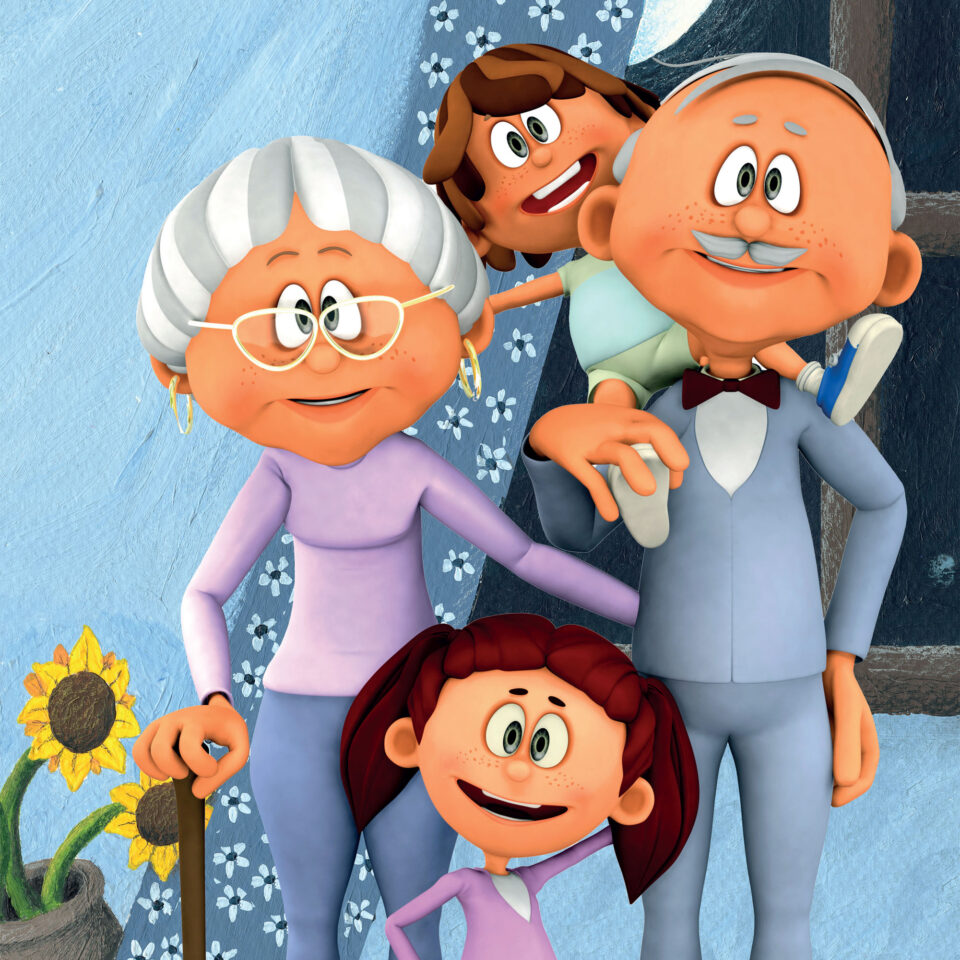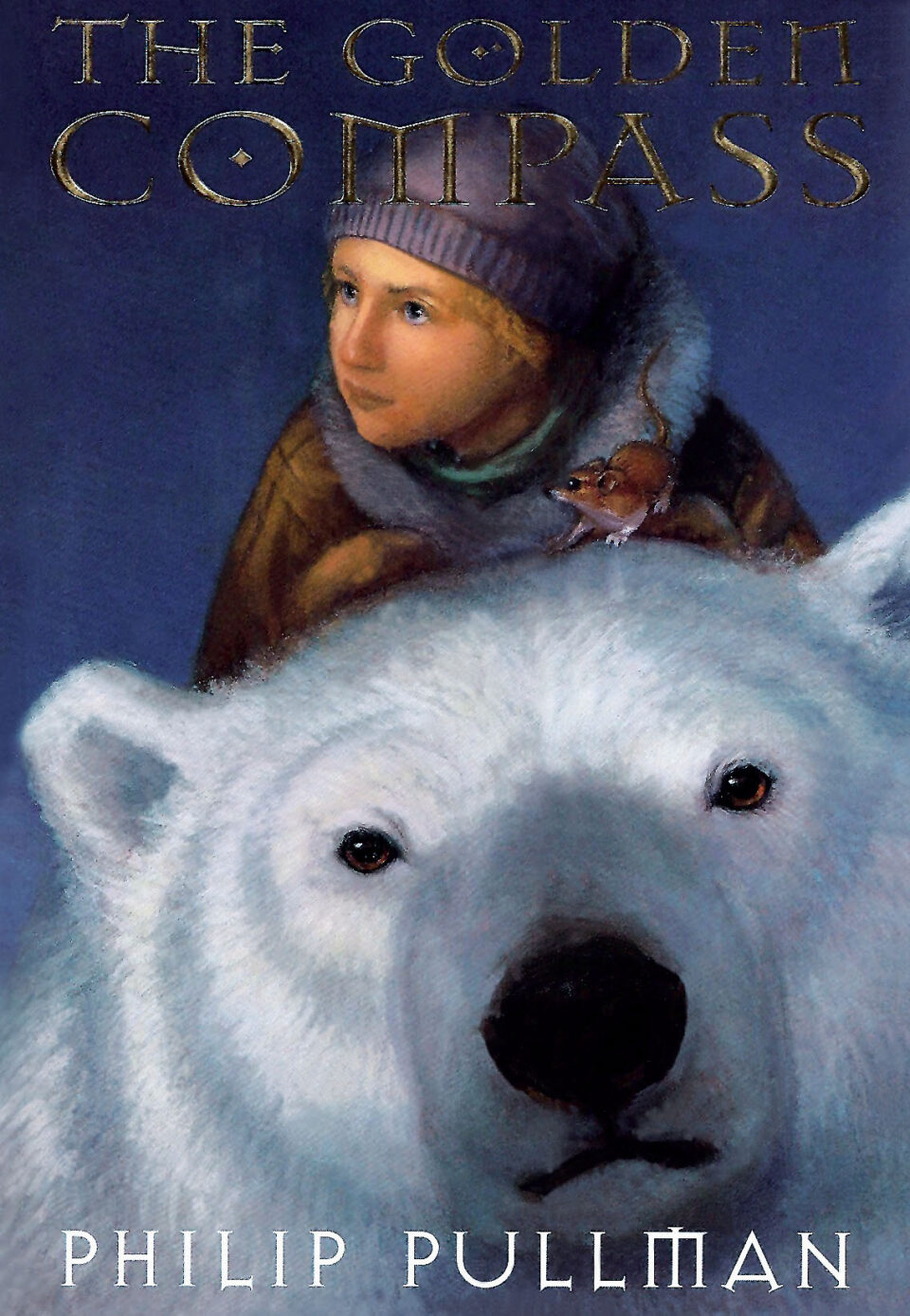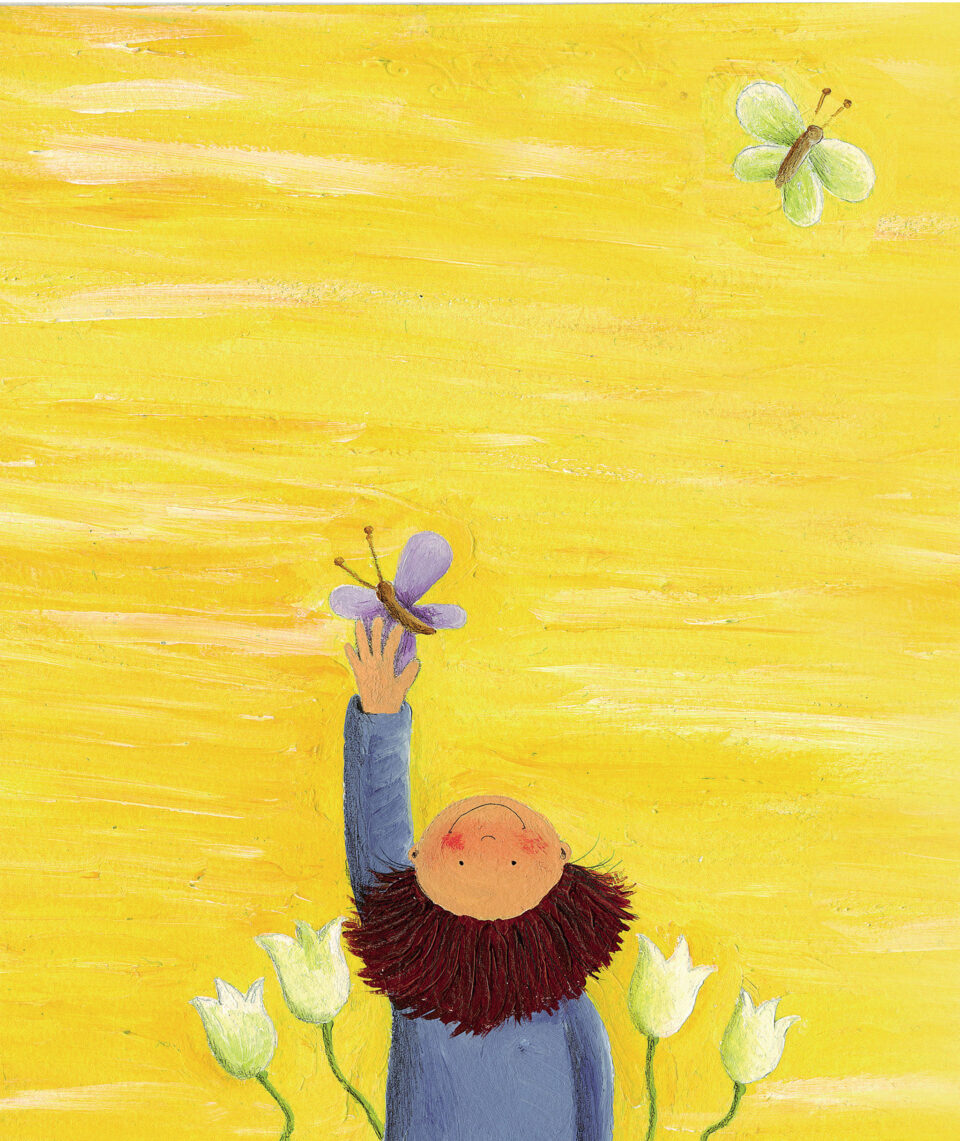Time spent with grandparents is always memorable. Those moments usually stand out as some of the most precious in our lives. Many associate these times with special activities like singing, playing games, reading, cooking, doing chores…
Grandparents have more time and patience than parents do, that’s why you get to enjoy real quality time with them and these moments can have a profound effect on your life.
We encourage you to go to Setto and Gedo (Grandma and Grandpa) and participate in an activity you enjoy with them.
My grandmother lived to cook and was always busy creating new recipes. The smells filled the air, and there was always something delicious to taste combined with stories about the ingredients: where she bought them, what they smelled like, the flavor they added.
I can close my eyes and just drift back to that time, those smells, that warmth. It summarized my childhood, and I can just see my Nana—that’s what we called her—I can see her kitchen, the hanging pots and pans, the shelves of colorful jars filled with her special ingredients. She’s standing in the center of her kitchen in her frilly apron, and I am asleep in my bed. I can hear her cheerful melodic wake-up calls, and I feel torn between the urge to continue my slumber and to give in to the smells now wafting past my nostrils and filling the room. My eyes flicker open and I move to the kitchen, zombie-like, surrendering to the greater urge to satisfy my grumbling stomach. On this particular day, belila is what I find waiting for me in the kitchen.
In the summers, when we spent most of our days at our grandmother’s house, breakfast would often be belila sokhna (hot wheat with milk). She would sing it, while waking us up, “Come on, yalla, el-belila el-sokhna, the belila is hot, wake up, come and eat it before it gets cold…”
We, my siblings and I, would crawl out of bed, rub our eyes, and head toward the dining table where she would be ready to pour into our bowls, standing there so bright and perky, filling the scoop, and pouring the hot belila into our bowls…
Of course, there was always something extra with Nana, so with the belila, it was the excitement of being allowed to choose our own topping. Choices were either…cinnamon, chocolate sprinkles, powdered sugar, bananas, nuts, or…everything, all dressed…Yum yum!
We were all very consistent in our choices. My brother always took it plain, my sister with chocolate sprinkles, and I had to satisfy my sweet tooth and took it with powdered sugar.
The name belila is in colloquial Egyptian Arabic and comes from the French term “blé et lait” or “wheat and milk.” Many colloquial Egyptian words have origins that can be traced to other languages such as English, French, or Turkish, because of the different periods of colonization. It’s funny how so many cultures serve wheat products with milk for breakfast: the British have porridge, the Germans eat muesli, and everybody eats corn flakes!

I am passing on to you the recipe of my
grandmother’s belila;
I hope you try it and tell us which
topping you liked most.
Things my grandma used to say:
“Remember belila is the best winter breakfast because it warms your body.”
“Wheat is protein and fiber; it will make you big and strong, and give you lots of energy.”
“Remember that milk has calcium, it will help you grow and will keep those teeth without cavities.”
“It’s healthy and filling—what more could you want from breakfast?”
First you must have:
4 cups (500g) fresh wheat
3 cups (¾ liter) milk
1 cup (250g) sugar
Optional toppings: powdered sugar,
sprinkles, bananas, apples, anything your
heart desires.
By the way, this is enough belila for four to
six people.
Once home:
Rinse the wheat and then leave to soak for twelve hours. So before going to sleep at seven o’clock in the evening, cover the wheat in water until seven o’clock the next morning.
Next Morning:
Drain the wheat and put the whole amount in a large saucepan.
For every 1 cup of wheat, add 2 cups of water, and bring the mixture to a boil. Once the mixture boils, reduce the heat to a simmer for 15–30 minutes, stirring every few minutes.
You will be able to tell that the wheat is cooked when the grains puff up like popcorn.
Once the wheat is cooked, add 1 cup of sugar and 3 cups of milk, stirring to mix well.
Keep the mixture on low heat until it boils again.
That’s it, you’re done! Add your topping and bon appetit or, as we say in Arabic, bil hana wel shefa.
Feedback from you:
What’s your favorite food or recipe that your grandparents make for you?
Do you have a story about spending time at your grandparents’ that you want to share?
What do you do with your grandparents?
When do you see them? How do you spend your time with them?
E-mail us your answers, your stories, your recipes at info@rowayat.com and perhaps your story will replace mine next time!

Come on,
yalla, el-belila
el-sokhna






